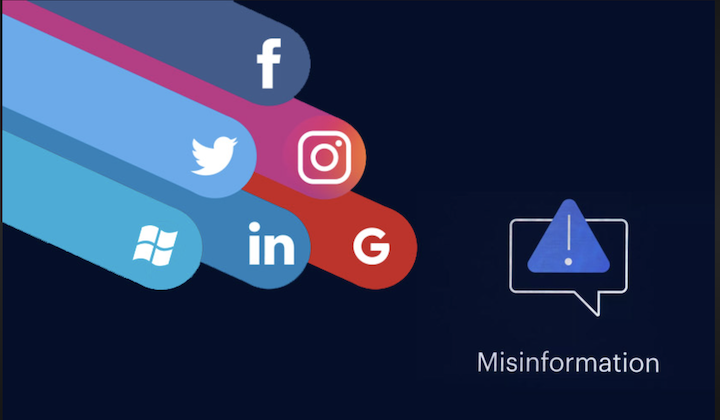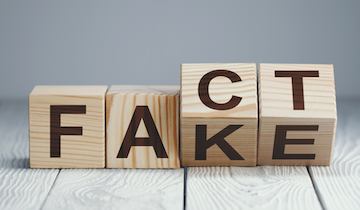Pew Research, the Future of Free Speech, Trolls, Anonymity, and Fake News Online.
This article is a Pew Research study conducted on how fake news and freedom of speech continue to
trouble America’s society. The research suggests that many experts believe that manipulative behaviors
on the internet will continue to get worse. In recent years analysts have expressed increasing concerns
that the content, tone, and intent have undergone a change that threatens the internet as well as their
own future’s. A 2016 study showed that 64% of adults believe that fake news stories cause confusion about
basic facts. A large-scale study of technology experts by Pew Research and Elon University’s Imagining the
Internet center asked the following question “In the next decade, will public discourse online become more
or less shaped by bad actors, harassment, trolls, and an overall tone of griping distrust and disgust?”
42% said they believed we would see no major change, 39% more shaped by negative activities, and 19% less
shaped by negative activities. The following four major themes on the future of social climate were discussed.
The first, Things will stay the same because to troll is human, inequity will drive some inflammatory dialogue,
and the complexity of internet discourse makes this difficult to defeat. Second, Things will stay bad because
intangible and tangible economic or political incentives support trolling. Third, things will get better due
to the emergence of AI technologies. Fourth, oversight moderation will come at a cost. Some solutions could
further change the nature of the internet because surveillance will rise; states may regulate debate; and
changes will polarize people limiting access to information.
Image Source

